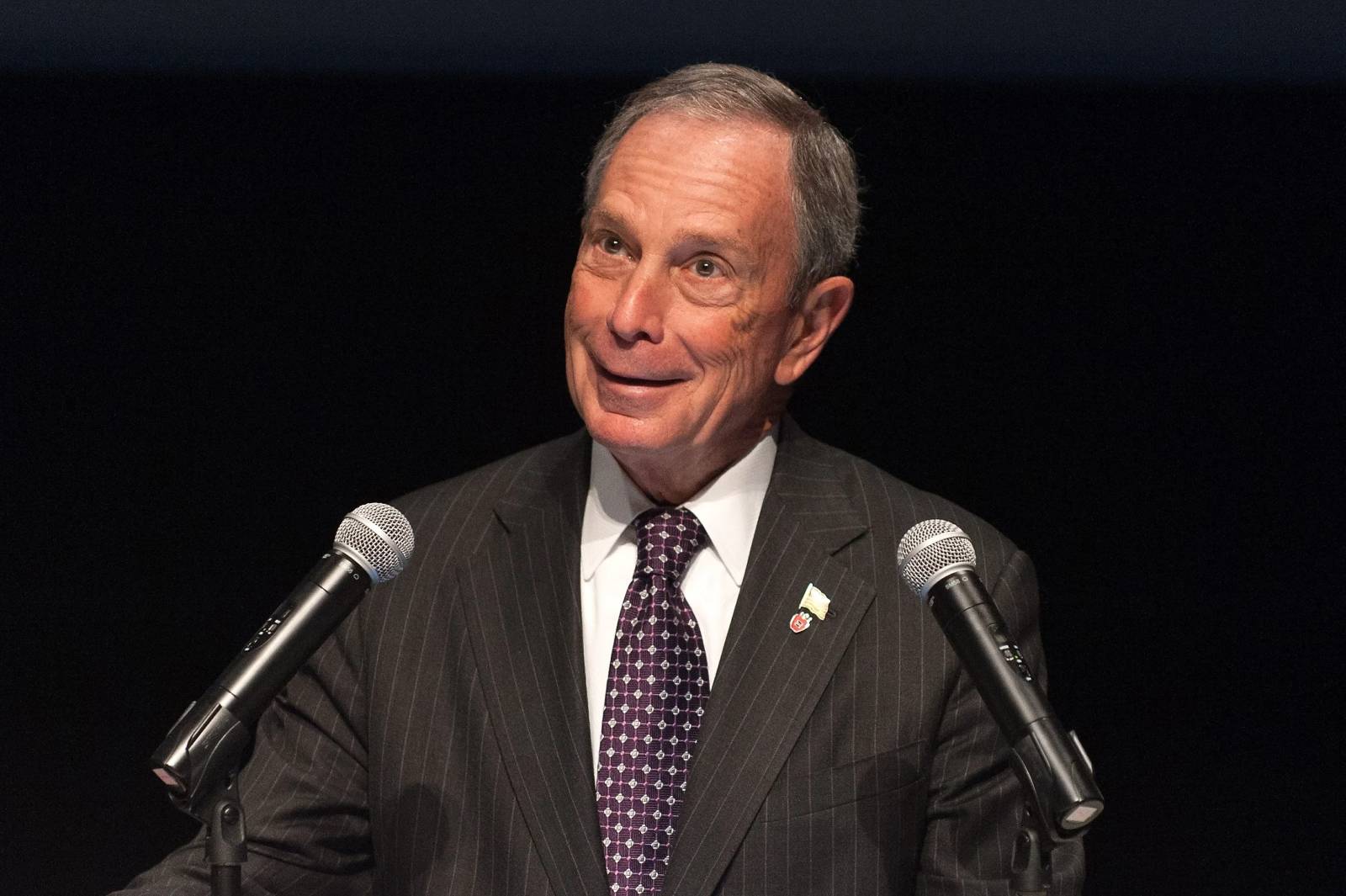Who wins the title of the most disliked candidate in the primary? It’s the billionaire, of course. No, not that billionaire, the other billionaire. The one who hasn’t officially joined the race yet faces unprecedented levels of disapproval from the pool of potential voters he’s hoping to win over.
Even with the highest level of disapproval among the entire Democratic primary field, former New York City mayor Michael Bloomberg still managed to grab four percent in a new Morning Consult poll:
Michael Bloomberg would face a tough start to his presidential bid — as a new poll Sunday has found him with little support and nearly a quarter of Democratic primary voters who dislike him.
Despite grabbing wall-to-wall press coverage over the past week since hints of his possible run surfaced, Bloomberg came out as the favorite candidate for just 4-percent of Democratic primary voters, according to the Morning Consult poll.
It puts the former New York mayor in sixth place, just behind Sen. Kamala Harris and Mayor Pete Buttigieg and clearly trailing Sen. Elizabeth Warren and Sen. Bernie Sanders, with 18- and 20-percent support respectively.
Vice President Joe Biden is still the clear frontrunner with 31-percent making him their pick — a huge gap for Bloomberg to close if he does formally enter so late in the race.
Four percent, quite frankly, is not that bad considering the rest of the candidates are struggling to get half that level of support. It would seem that there are at least some Democrats who are open to his candidacy, perhaps driven by his well-known work on gun control and other progressive causes.
Maybe if the rest of the voting public didn’t view him so unfavorably, he might have more of a shot:
Adding to his problems, nearly 25 percent of likely primary voters view him unfavorably — the highest disapproval rating of all the remaining hopefuls in his party, the poll claims.
Bloomberg’s net favorability — the share of voters who approve of him minus those who disapprove — is worst among the party’s youngest voters aged 18-29.
The data suggests that — despite the fanfare Bloomberg’s interest has sparked — his entry would not actually do much to change the current state of play between the leading candidates.
The only tangible thing that Bloomberg has going for him is his personal wealth. Like Tom Steyer, Bloomberg can find a few hundred million dollars of spare change in his couch cushions and immediately go on the air in a dozen states putting his name in front of voters with some high-production advertising. At this point, to see him getting 4% support, it wouldn’t be crazy to think that with some decent marketing, he could get up to five or six percent, at least in some early state polls.
What about the general election against President Trump? The polls here don’t mean much yet, but Bloomberg doesn’t fare any worse than his Democratic rivals:
Former New York City Mayor Michael Bloomberg leads President Donald Trump by 6 percentage points in a hypothetical 2020 matchup, according to a new Morning Consult/Politico poll.
Forty-three percent of likely voters would back Bloomberg if the election were held today, compared to 37% who would vote for Trump. Twenty-one percent those polled, however, said they don’t know or don’t have an opinion.
In the general election, Bloomberg isn’t a bad option for Democrats on paper. However, for a billionaire to get through the Democratic primary seems terribly unlikely since his net worth immediately sets him back several pegs.
All hope is not lost, however, since FiveThirtyEight does give him a one percent chance of winning the primary.
Perhaps if Amazon boss Jeff Bezos decides to join his billionaire buds in the race we could round out a nice trifecta of ultra-wealthy Democrats buying a highly-coveted debate stage spot next year. That should sit well with the share of voters currently split between Bernie Sanders and Elizabeth Warren.
Donate Now to Support Election Central
- Help defend independent journalism
- Directly support this website and our efforts
